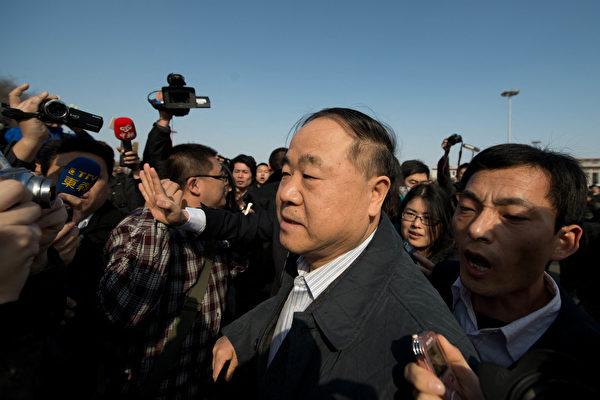News Analysis
Two recent events in China have highlighted the troubling trajectory of its society, ushering in an era of heightened absurdity.

Two recent events in China have highlighted the troubling trajectory of its society, ushering in an era of heightened absurdity.